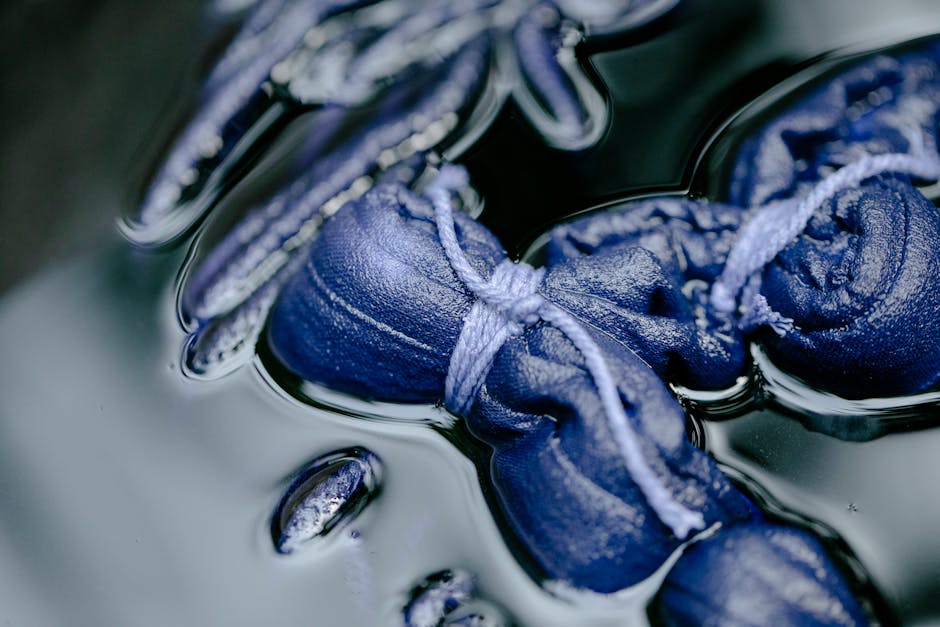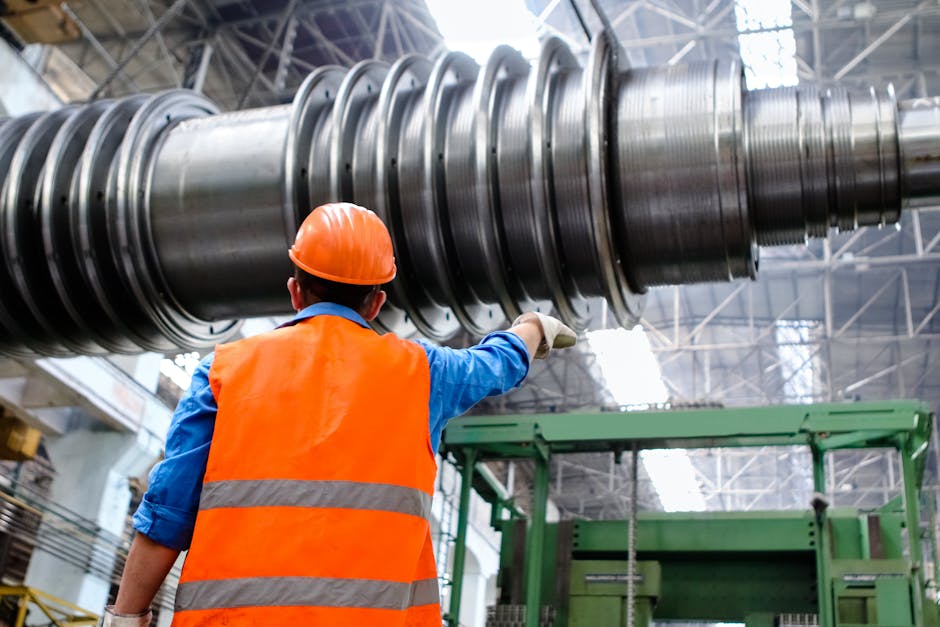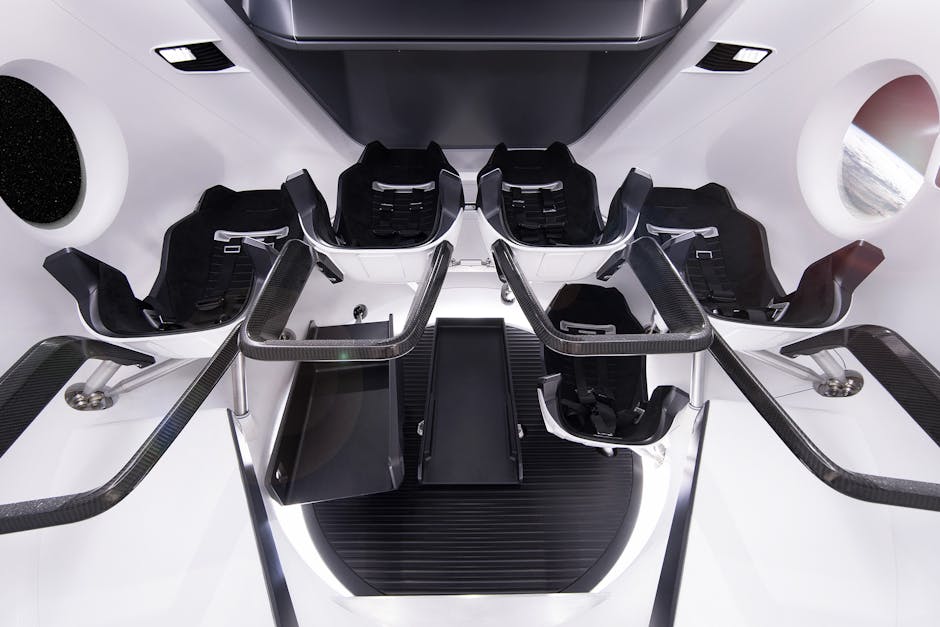Liverpool’s Manufacturing Identity: Tradition Meets Modern Innovation
‘Liverpool’s Manufacturing Identity: Tradition Meets Modern Innovation’ encapsulates the rich historical legacy and the contemporary advancements in Liverpool’s manufacturing sector.
This exploration delves into the deep-rooted traditions of Liverpool’s manufacturing, tracing its evolution through industrial techniques and the profound impact of technology.
Furthermore, it examines how Liverpool’s manufacturing sector has adapted to global competitiveness and sheds light on the future trends shaping its trajectory.
This concise yet comprehensive study aims to offer a nuanced understanding of Liverpool’s manufacturing identity, portraying the harmonious coexistence of traditional craftsmanship and cutting-edge innovation.
Key Takeaways
- Liverpool’s manufacturing industry has a rich historical background, with traditional craftsmanship and attention to detail being key factors in its success.
- The city has evolved with the times, integrating modern technologies and automation while still maintaining its commitment to traditional techniques.
- Technology has had a significant impact on Liverpool’s manufacturing sector, leading to increased productivity, improved quality, and sustainable practises.
- Liverpool’s global competitiveness in manufacturing is driven by strategic investments in advanced technologies, sustainable practises, and a commitment to excellence.
Historic Roots of Liverpool’s Manufacturing

Tracing back to the 18th century, Liverpool’s manufacturing industry began to flourish alongside its growing port and trade networks. The city’s historic roots in manufacturing are deeply intertwined with its emergence as a prominent maritime and trading hub.
Traditional craftsmanship became a hallmark of Liverpool’s manufacturing identity, with industries such as shipbuilding, textiles, and ceramics playing pivotal roles in shaping the city’s economic landscape. The expertise and skills passed down through generations laid the foundation for the city’s reputation for high-quality, handcrafted goods.
Liverpool’s manufacturing sector was built upon the principles of precision and attention to detail, with an emphasis on preserving traditional techniques while embracing innovation. This commitment to quality and craftsmanship became synonymous with the city’s manufacturing identity, distinguishing its products in both domestic and international markets.
The historic roots of Liverpool’s manufacturing continue to influence the industry, serving as a source of inspiration for modern artisans and businesses seeking to honour the city’s rich heritage while adapting to contemporary demands.
Evolution of Industrial Techniques

The evolution of industrial techniques in Liverpool’s manufacturing sector has been marked by a blend of tradition and modern innovation. Traditional craftsmanship, deeply rooted in the city’s manufacturing heritage, continues to play a vital role in shaping the production processes.
Skilled artisans uphold time-honoured methods, ensuring the preservation of Liverpool’s rich manufacturing legacy. However, alongside these traditional practises, modern automation has been progressively integrated into the manufacturing landscape. Advanced technologies have enhanced efficiency, precision, and scalability, propelling Liverpool’s industries into the contemporary era.
This harmonious coexistence of traditional craftsmanship and modern automation reflects Liverpool’s adaptability and commitment to excellence. The seamless integration of these diverse techniques has not only sustained the authentic quality associated with Liverpool’s goods but has also elevated production capabilities to meet the demands of today’s global market.
As Liverpool continues to evolve industrially, the convergence of traditional and modern techniques serves as a testament to the city’s resilience and ability to embrace innovation while honouring its storeyed manufacturing heritage.
Impact of Technology on Manufacturing

Examining the integration of technology into manufacturing processes reveals the transformative impact of automation and digitalisation on Liverpool’s industrial landscape.
Automation efficiency has revolutionised the production lines, leading to increased productivity and precision in manufacturing. This has not only improved the quality of goods but also enhanced the overall efficiency of the manufacturing processes, thereby contributing to cost savings and competitive pricing in the market.
Furthermore, the implementation of sustainable practises driven by technology has significantly reduced the environmental impact of manufacturing in Liverpool. Through the use of advanced monitoring and control systems, manufacturers have been able to optimise energy usage and minimise waste, alining their operations with environmentally friendly practises.
This shift towards sustainable manufacturing not only meets the growing demand for eco-conscious products but also positions Liverpool as a responsible contributor to global environmental conservation efforts.
The incorporation of technology in manufacturing has not only elevated productivity but also propelled Liverpool’s industrial sector towards a more sustainable and environmentally conscious future.
Global Competitiveness in Manufacturing

An assessment of Liverpool’s manufacturing landscape reveals its positioning within the global competitive market, highlighting the city’s potential for growth and innovation.
Liverpool’s manufacturing sector has evolved to compete effectively in the global market through the implementation of innovative processes. The city has strategically invested in advanced technologies and streamlined production methods to enhance its competitive edge. This has enabled Liverpool to capitalise on emerging opportunities in the global market, positioning itself as a hub for cutting-edge manufacturing.
By embracing innovative processes, such as automation, advanced materials, and digital manufacturing, Liverpool has been able to enhance the efficiency and quality of its products, meeting the demands of the global marketplace.
Furthermore, the city’s commitment to sustainable manufacturing practises has contributed to its competitiveness by appealing to environmentally conscious consumers and businesses worldwide.
Liverpool’s proactive approach to integrating modern technologies and sustainable practises has solidified its position as a formidable player in the global manufacturing landscape, paving the way for continued growth and success.
Future Trends in Liverpool’s Manufacturing

As Liverpool’s manufacturing sector looks ahead, it is poised to embrace emerging technologies and evolving market demands to maintain its global competitiveness. The future of manufacturing in Liverpool is characterised by a commitment to sustainable practises and the integration of automation advancements. These trends evoke a sense of optimism, anticipation, and responsibility amongst industry stakeholders.
-
Embracing sustainable practises: Liverpool’s manufacturing industry is actively seeking ways to reduce its environmental impact and embrace sustainable production methods. This commitment to sustainability not only alines with global environmental goals but also resonates with the local community, fostering a sense of pride and responsibility.
-
Integration of automation advancements: The adoption of advanced automation technologies in manufacturing processes signifies a shift towards efficiency, precision, and innovation. While this trend may evoke concerns about job displacement, it also inspires excitement about the potential for upskilling the workforce and creating new employment opportunities in high-tech fields.
-
Commitment to continuous improvement: The collective determination to uphold high standards of quality, safety, and ethical practises reflects a deep-rooted commitment to excellence and progress. This dedication fosters a sense of confidence and trust in Liverpool’s manufacturing capabilities, both domestically and on the global stage.
Frequently Asked Questions
What Are the Specific Challenges Faced by Smaller, Family-Owned Manufacturing Businesses in Liverpool?
Smaller, family-owned manufacturing businesses in Liverpool face challenges in succession planning, innovation, and market expansion. These include balancing tradition with modernisation, accessing capital, and navigating regulatory complexities while adapting to changing consumer demands.
How Has the Influx of Immigrants and Diverse Cultures Impacted the Manufacturing Industry in Liverpool?
The influx of immigrants and diverse cultures has significantly impacted Liverpool’s manufacturing industry, bringing a globalised perspective, cultural integration, and diversified workforce. This has fostered innovation, enriched the local talent pool, and enhanced market adaptability.
What Role Does Sustainability and Environmental Responsibility Play in Liverpool’s Manufacturing Sector?
Sustainability and environmental responsibility are crucial in Liverpool’s manufacturing sector. Traditional practises are evolving to incorporate modern innovation, promoting a balance between heritage and advancement. This integration is essential for long-term viability and enhancing the city’s reputation for responsible manufacturing.
How Do Liverpool’s Manufacturing Traditions Influence the Design and Production Processes of Modern Innovations?
Traditional techniques in Liverpool’s manufacturing sector serve as the foundation for modern processes. These time-honoured methods influence innovation in design and production, fostering a unique blend of heritage and progress that defines the city’s manufacturing identity.
What Initiatives or Partnerships Are in Place to Support the Growth and Development of Female-Led Manufacturing Businesses in Liverpool?
Supportive partnerships in Liverpool foster female entrepreneurship by providing resources, mentorship, and access to funding. These initiatives promote gender equality in manufacturing, driving business development and innovation, ultimately contributing to a more diverse and inclusive industry.
Conclusion
In conclusion, Liverpool’s manufacturing identity embodies a rich history and a promising future. The city’s traditional roots have paved the way for modern innovation, resulting in a unique blend of old-world craftsmanship and cutting-edge technology.
As Liverpool continues to compete on a global scale, it is clear that the city’s manufacturing sector will play a crucial role in shaping its economic landscape. However, the irony lies in the fact that while embracing innovation, Liverpool remains rooted in its timeless manufacturing traditions.
Contact us to discuss our services now!
